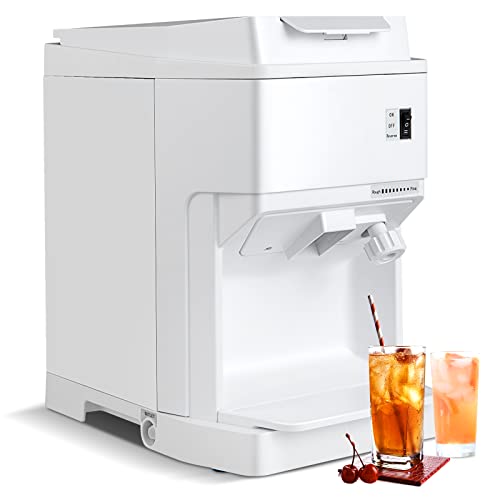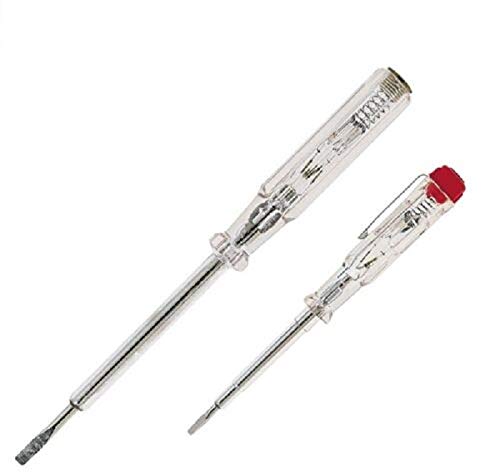psrkallez06
Member
- Joined
- Nov 11, 2015
- Messages
- 11
- Reaction score
- 0
So, i have tried to read as much as i can about capacitors, but there are still some things that i don't understand. For example, Let's say that i have a 12v power supply, and before the output i put a 300 volts capacitor, does that mean that my output will be 300v? :S = stuff blows up haha. I hope that you understand what i mean.
How does the voltage concept work for capacitors?
Thanks!
How does the voltage concept work for capacitors?
Thanks!
































































